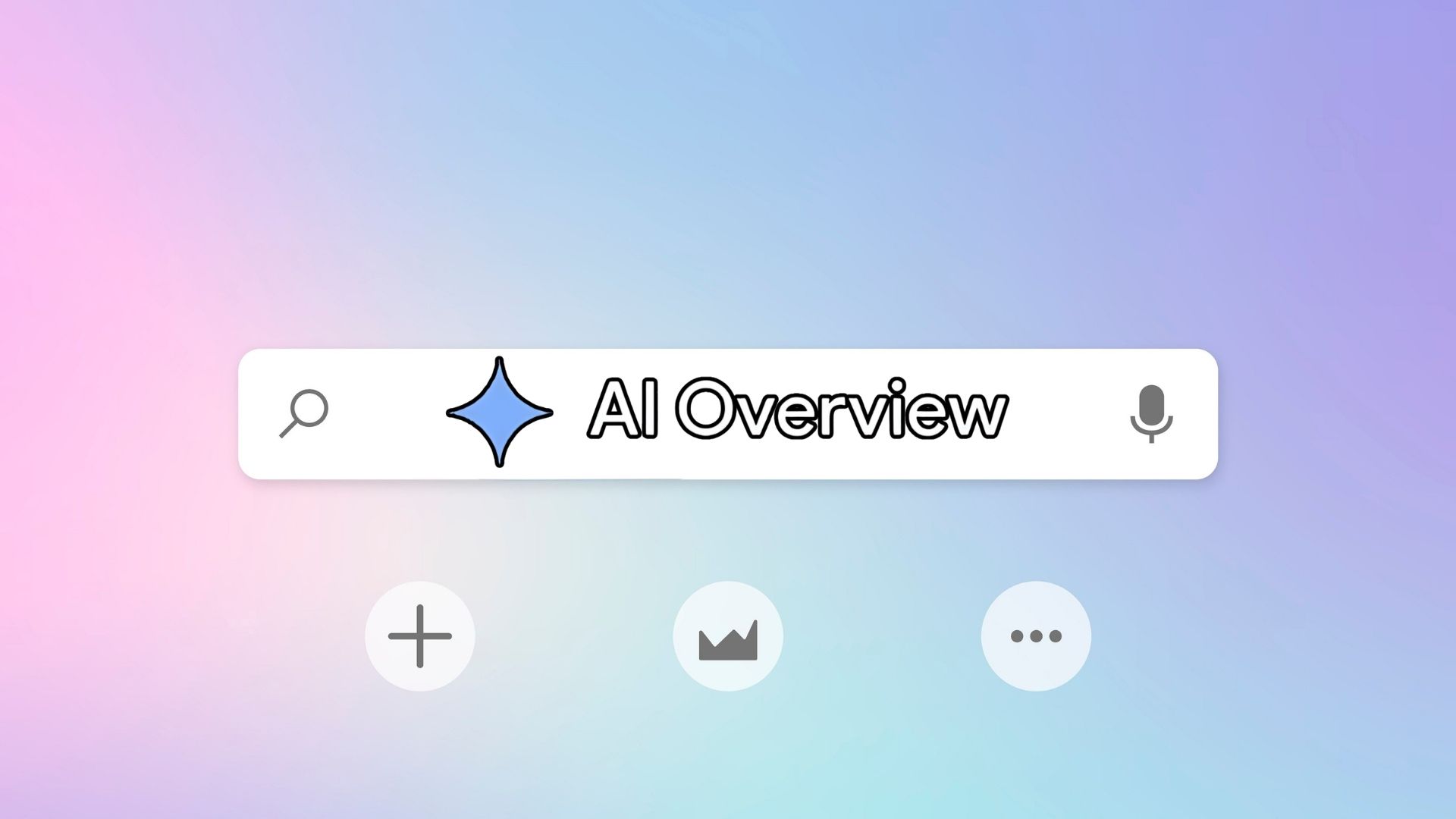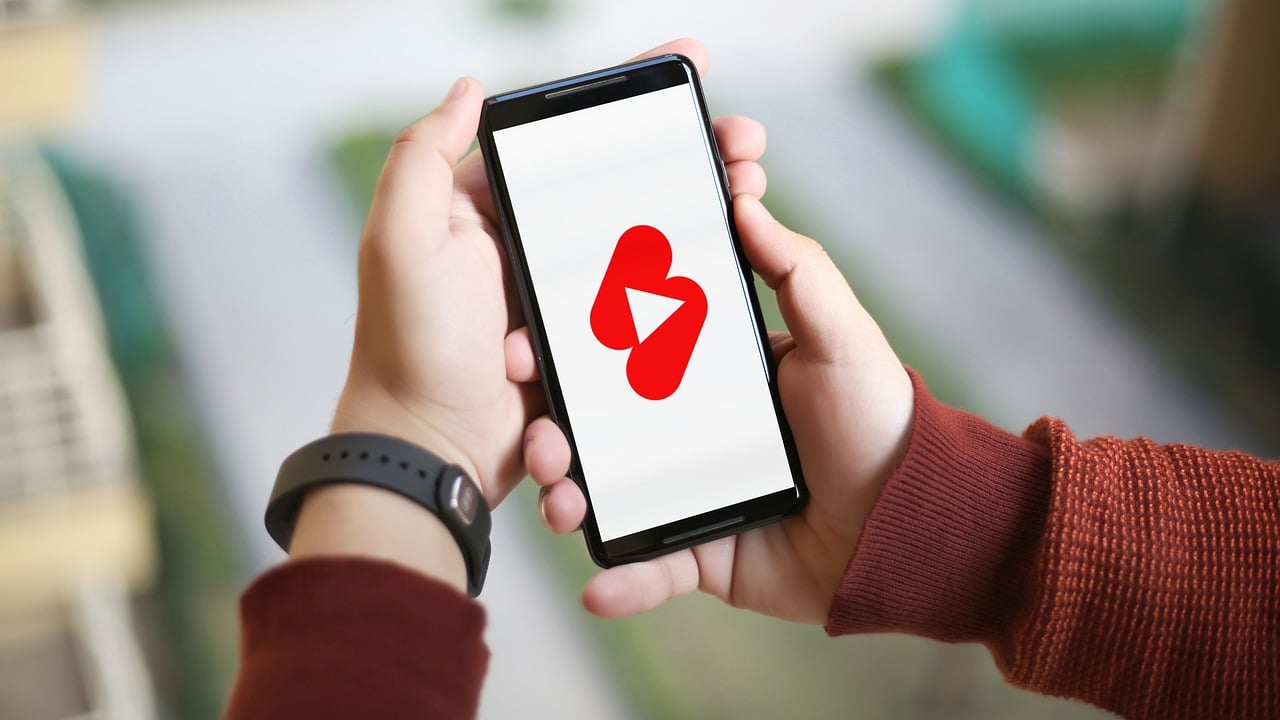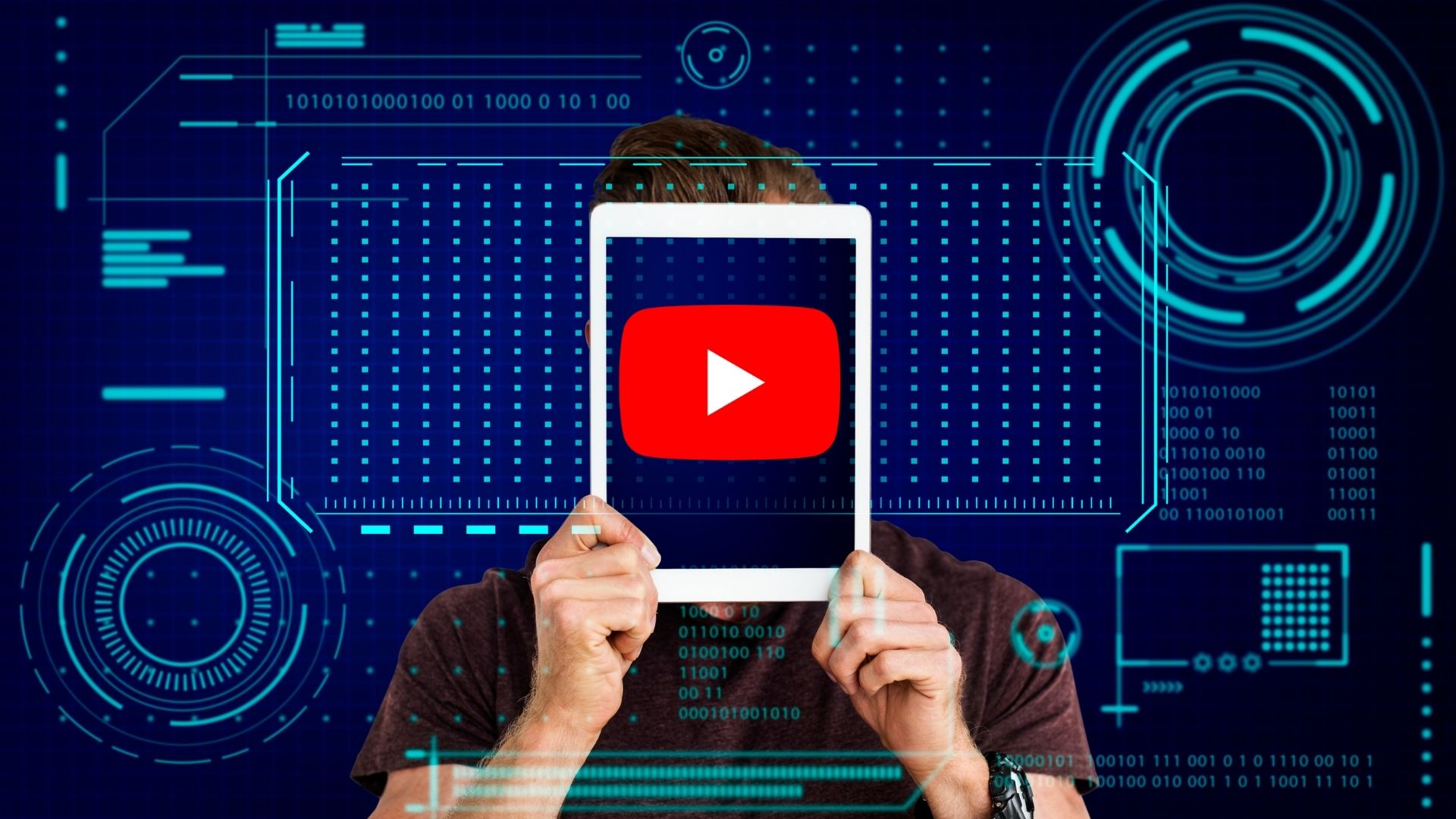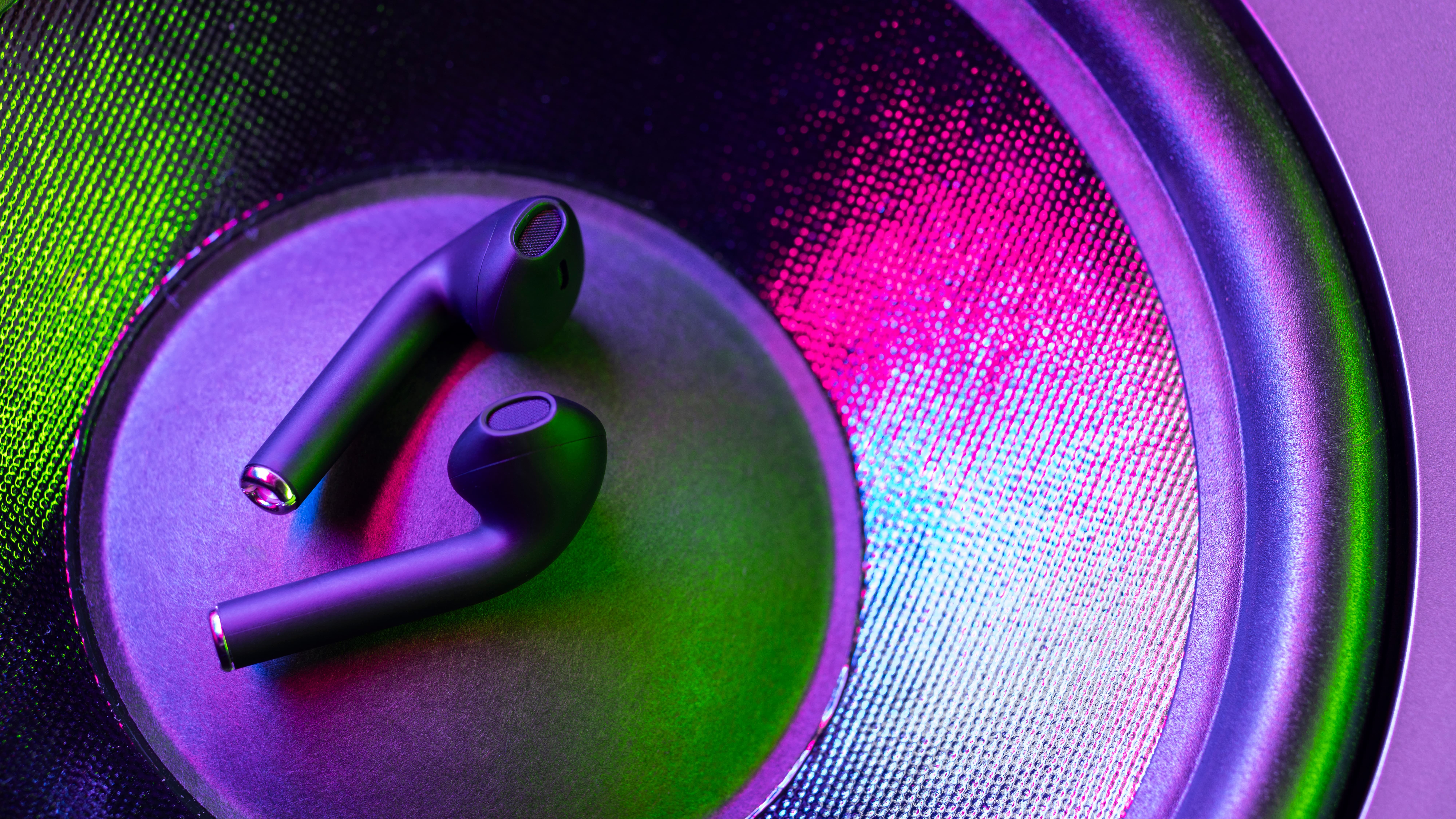YouTube is testing its conversational AI feature on smart TVs, gaming consoles, and streaming devices. The tool, previously available on mobile and desktop, appears as an Ask button marked with a Gemini sparkle icon.
The feature allows viewers to ask questions about videos, request summaries, receive related content suggestions, and select from prompts displayed on screen. Users can press the microphone button on their remote to interact with the AI while watching.
Currently, the tool is available to a limited group of users, on select videos, and supports English, Hindi, Spanish, Portuguese, and Korean. YouTube has not revealed when it will expand access to more users or regions.
By bringing conversational AI to TVs, YouTube aims to make viewing more interactive. Fans can now get answers or clarifications directly on the big screen without needing a phone or computer.
Would you like to learn more about AI, tech, and digital diplomacy? If so, ask our Diplo chatbot!










